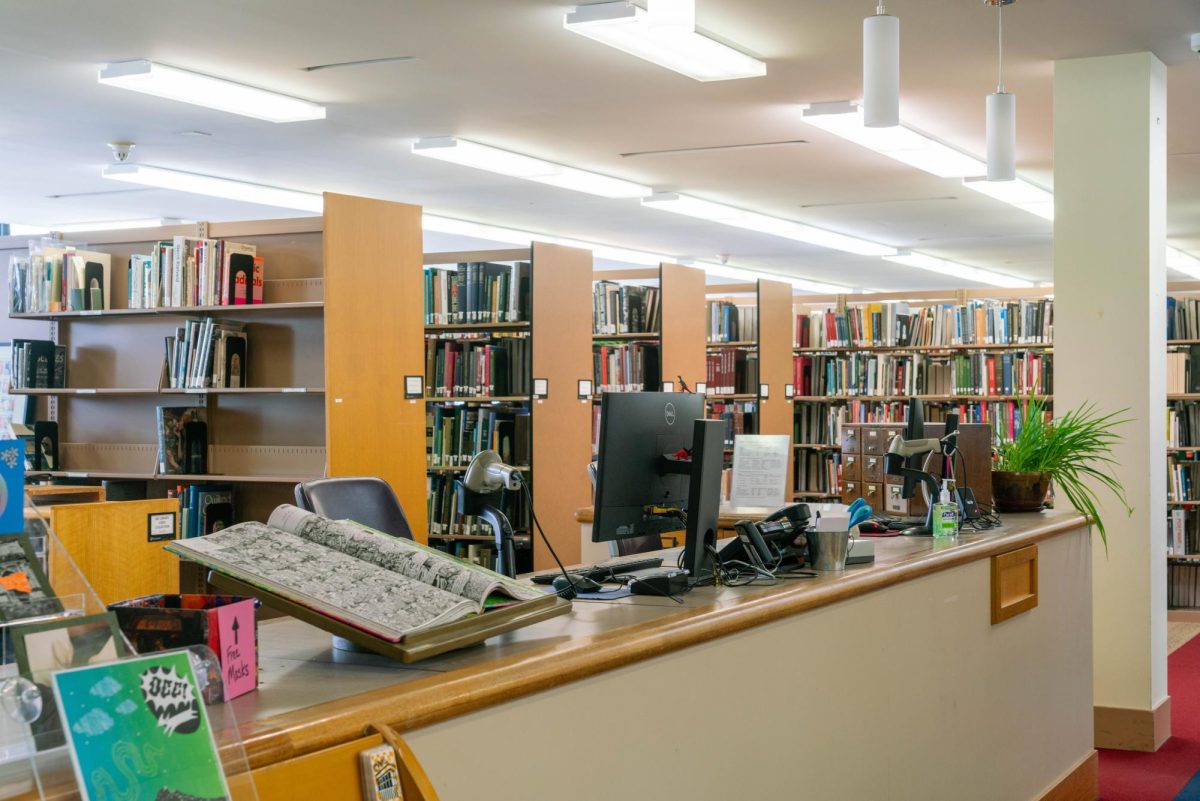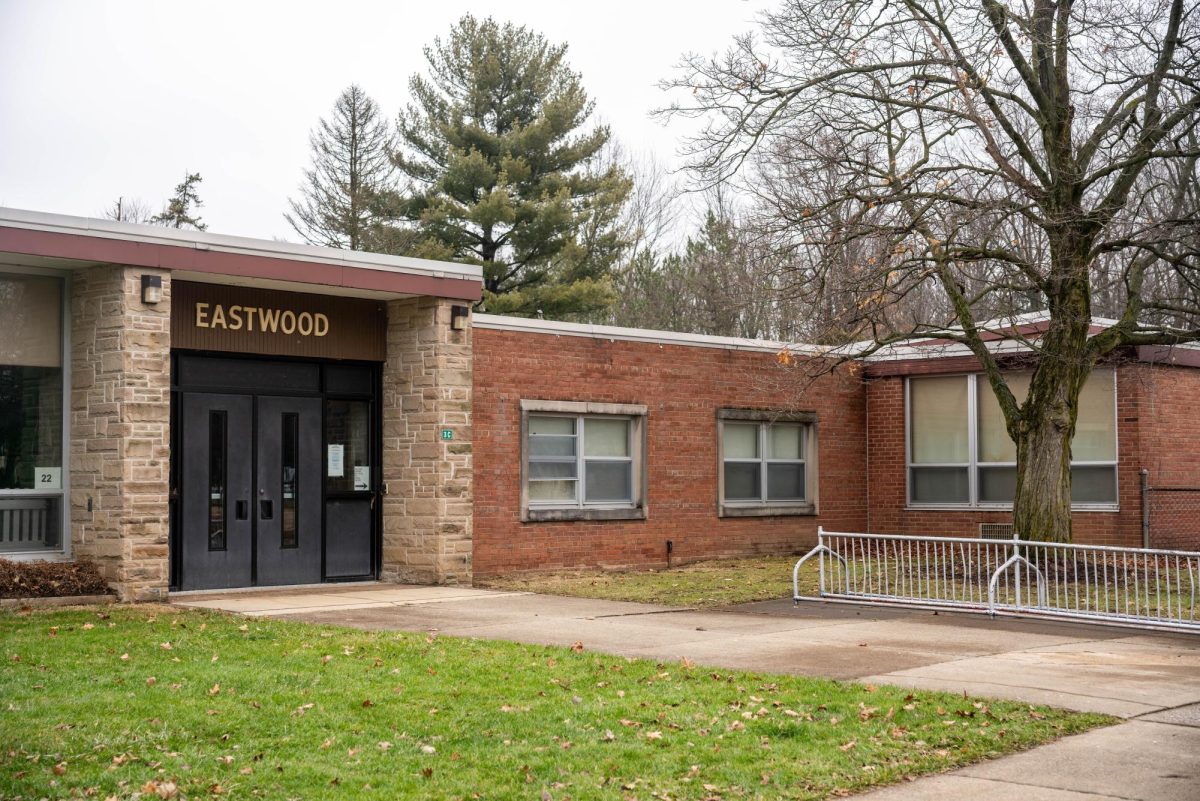No Need to Agree with Me: Contextualizing Cap’n Crunch Prices
March 4, 2011
A 12 oz package of Chips Ahoy cookies: $4.77
A 14 oz package of Oreos: $6.75
A 16 oz box of Cap’n Crunch cereal: $7.02
The outraged look on my face: Priceless
Perhaps you haven’t noticed yet, but DeCafé recently made a number of considerable price increases on grocery items. So before you buy that box of Cap’n Crunch, you may want to settle for a box of Honey Nut Cheerios or Frosted Flakes instead. You’ll save significant cash.
Now, before you assume that this article will be one of many to criticize policies and seemingly discourteous actions made by Residential Education and Dining Services, you may want to think again. In reality, however, Residential Education might not be at blame at all in this instance. So, who can we blame for the increase in food prices at DeCafé? Well, allow me to enlighten you on the global food crisis that few people in the Oberlin community have been monitoring.
This past winter has produced harsh, record-breaking weather conditions. Droughts in Russia, Argentina and China, unseasonably cold temperatures in Florida, and severe flooding in Australia, Pakistan and even the Midwest are among several other several weather outbursts that have resulted in extensive global crop damage. Political turmoil in Egypt, Tunisia, Libya and other oil-abundant countries, some of which has been fueled by price hikes on food, has only worsened the situation. Prices of corn, grain and wheat are all on the rise. Because these crops make up a major component of livestock’s diet, meat prices are also higher. This dilemma is an issue of supply and demand. If you factor in the increase of both oil prices and world population with the reduction of globally harvested crops, then your outcome is bound to be a drastic increase in prices and a possible food shortage. So instead of blaming the staff of DeCafé or ResEd for being evil and uncompromising, maybe you ought to have a talk with Mother Nature. Or, you can simply look in the mirror, depending on how you feel about the issue of climate change.
The rising prices of groceries in DeCafé is not a ResEd issue. It is not even a national problem. We are in the midst of a global food crisis! Since America is not yet feeling the brunt of this calamity, there is a possibility that even the officials in ResEd are not aware of why the prices of goods are at an all-time high.
Director of Business Operations and Dining Services Michele Gross stated that there were various reasons why the prices of products in DeCafé have increased this semester. “DeCafé is not an IGA, a Giant Eagle or a national grocery store,” she explained. “These types of stores have the ability to purchase things in great bulk. They can therefore get better prices for grocery items.” Gross pointed out that DeCafé is more like a convenience store and is mainly a service to the students. She also mentioned a rise in the prices of the goods that are purchased for DeCafé. It is quite plausible that the rise in prices can be attributed to the international rise of food and oil prices, something that is far beyond ResEd’s control. In the upcoming days, ResEd will be completing a thorough analysis of their items to see if they can lower the prices of any of the groceries. My hope is that they lower the price of Oreos! If you, for any reason, would like to provide ResEd officials with feedback concerning DeCafé or any of the dining facilities on campus, feel free to fill out a online comment card. Comment cards can be found on the ResEd website at http://www.oberlin.edu/cds.


















